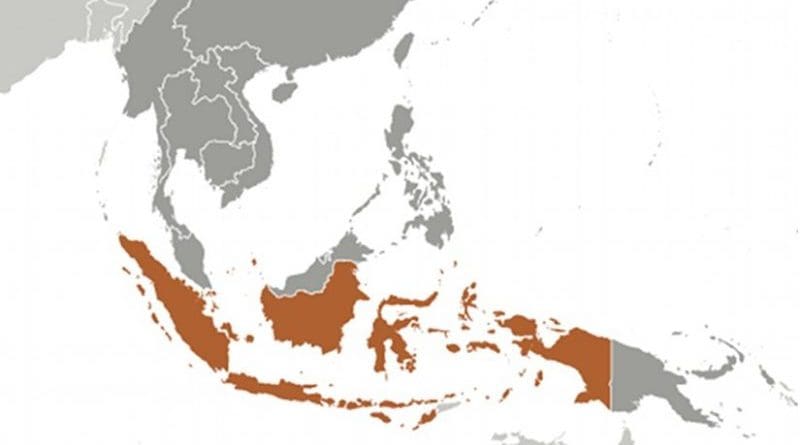Indonesia: Court Rejects Ahmadi Blasphemy Law Petition
By UCA News
By Ryan Dagur
Indonesia’s Constitutional Court has rejected a petition from the Ahmadiyya community to strike down the country’s blasphemy law, which they said is used to persecute minority groups, including them.
It was the second time the court has rejected changing the law after rights activists filed a similar petition in 2009.
Both petitions sought a review of articles 1-3 of the law, which prohibit people from publicly spreading beliefs and teachings that can be considered heresy.
Indonesia’s criminal code dictates that blasphemy is punishable by up to five years in prison.
On July 23, the court rejected the Ahmadiyya petition on the grounds that the principal source for interpreting religious teachings is through a holy book, which in this case was the Quran.
“Interpretation cannot be carried out freely,” Chief Justice Anwar Usman, said.
“If interpretation of religious teaching is carried out freely … it will create chaos,” he said.
Ahmadiyya is an Islamic movement founded in India by Mirza Ghulam Ahmad in the late 19th century, which believes that the Prophet Mohammed was not the last prophet.
In 2005, the Indonesian Ulema Council issued a fatwa calling the group heretics.
In 2008, the government prohibited the dissemination of Ahmadiyya teachings.
Ahmadi community spokesman, Yendra Budiana, told ucanews.com the court’s ruling means believers would only suffer more and more.
“The law justifies persecution against us,” he said, pointing to mosque closures in recent years in Java and evictions of hundreds of Ahmadis in West Nusa Tenggara province since 2006 after being accused of having tainted Islam.
“There have not been any solutions to these problems,” he said.
Ikhsan Abdullah from the Indonesian Ulema Council backed the court ruling, saying the interpretation of norms in a particular religion must be based on an interpretation acknowledged by its experts and adherents.
“It must not be based on the free interpretation of an individual who then calls on others to support it,” he said.
The blasphemy law is needed to maintain unity and protect people from those who want to interpret religious teaching any way they want, he added.

